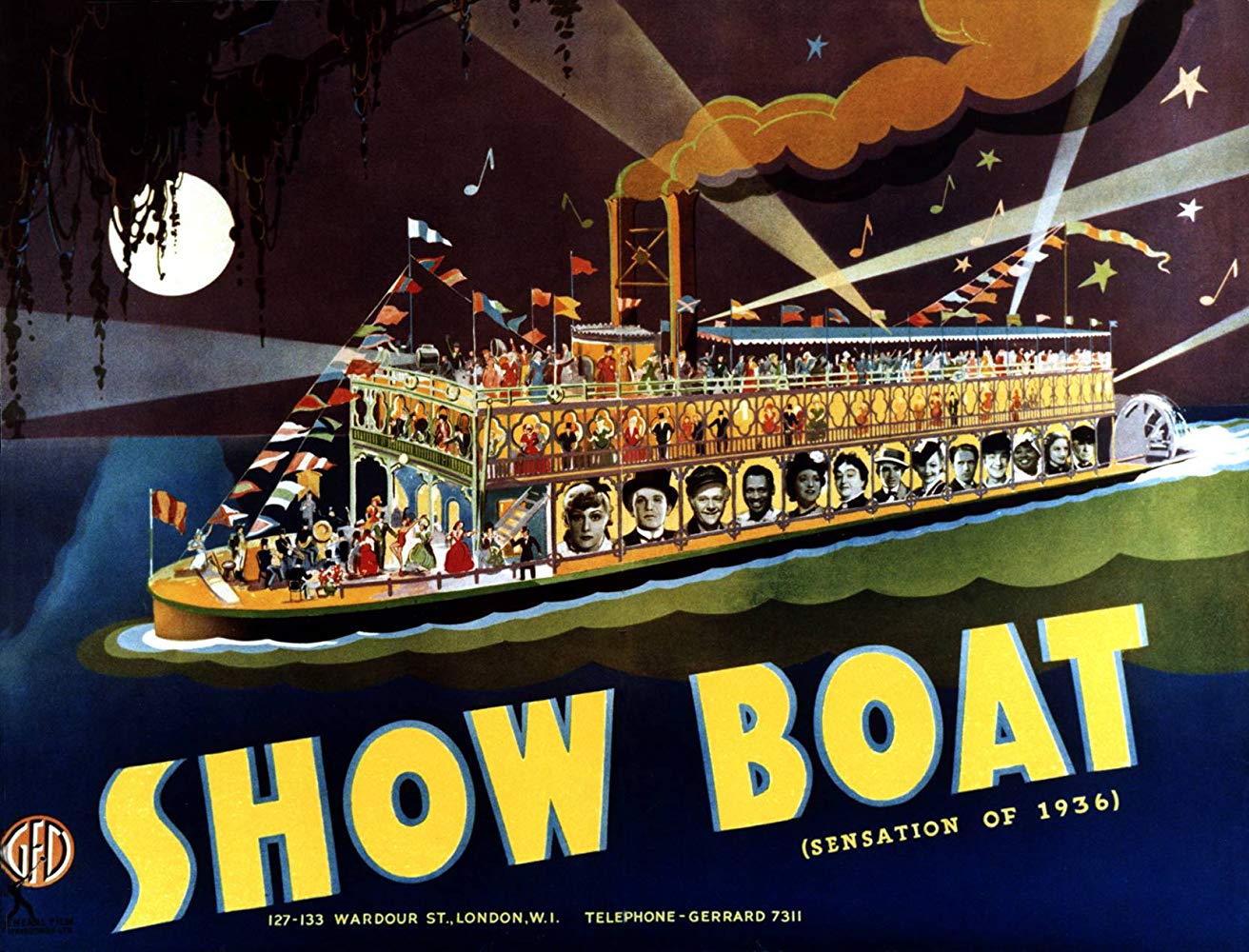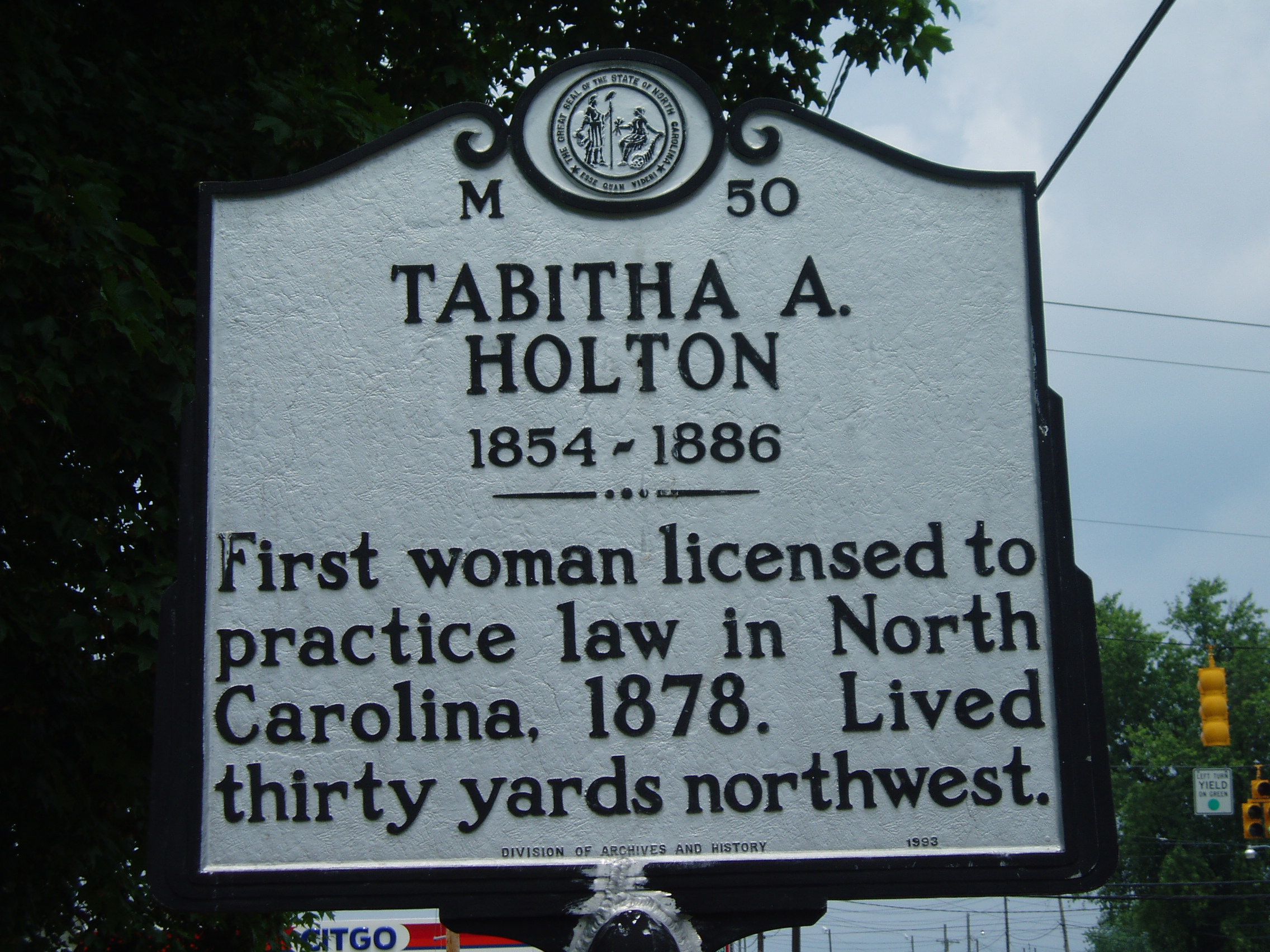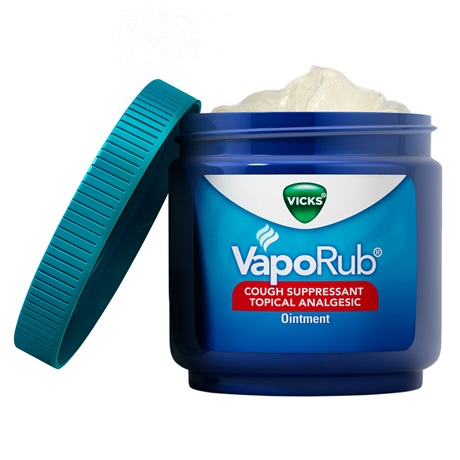
Photo via vicks.com
Vicks VapoRub is a medicine cabinet staple around the world, and Vicks has something in common with Pepsi, Texas Pete and overalls that especially endears it to hearts below the Mason-Dixon line: it was invented in North Carolina.
Lunsford Richardson was born in Johnston County in 1854, and studied at Davidson College. He pursued a degree in chemistry, but ended up focusing on Latin instead. He graduated with honors and found himself teaching in his hometown, but in 1880 he moved to Selma to take a position as pharmacist assisting his brother-in-law Joshua Vick, a physician.
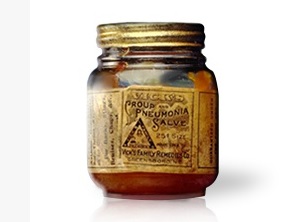
Photo via vicks,com
Richardson’s interest in chemistry and medicine – along with his knowledge of Latin – found applications aplenty in his new job. A typical practice at the time was for pharmacists to create and dispense their own remedies for common maladies, and while Richardson had several proprietary homegrown “cures,” his most successful by far was a topical salve meant to soothe congestion.The original recipe contained menthol, camphor, turpentine, eucalyptus, cedar leaf, nutmeg and thymol in a “specially balanced Vick formula” blended into petroleum jelly. It’s the menthol (at the time a little-known substance that Richardson was experimenting with) that gave Vicks the unique qualities that made it so successful.
Menthol is a substance derived from mint oils with mild analgesic and counter-irritant qualities. Where capsaicin – the chemical that makes hot peppers live up to their name – mimic heat signals from nerves, menthol mimics a cooling sensation. Menthol is also crystalline at room temperature, a solid that easily melts and subsequently vaporizes when placed in contact with human skin. Richardson noticed the decongestant and soothing qualities of menthol, and combined it with other natural known soothing remedies. The resulting product was the prototype for the Vicks VapoRub we know today.
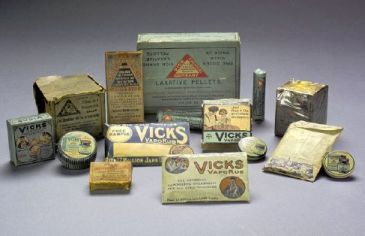
Photo via ncpedia.com
Vicks VapoRub began in Selma, North Carolina, but Richardson’s invention had another unexpected side effect: junk mail. In order to boost sales through exposure, Richardson marketed his product through billboards, newspapers and promotional mailers. He sent these marketing materials to post office boxes en masse, simply addressed to “Boxholder” – an informal advertising tactic that laid the groundwork for mass-mailed advertising in the future. Ironic that the man responsible for unclogging so many sinuses through his menthol-infused ointment is also guilty of clogging generations of mailboxes.



